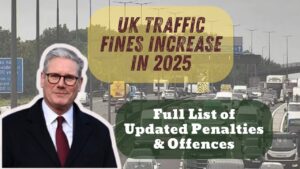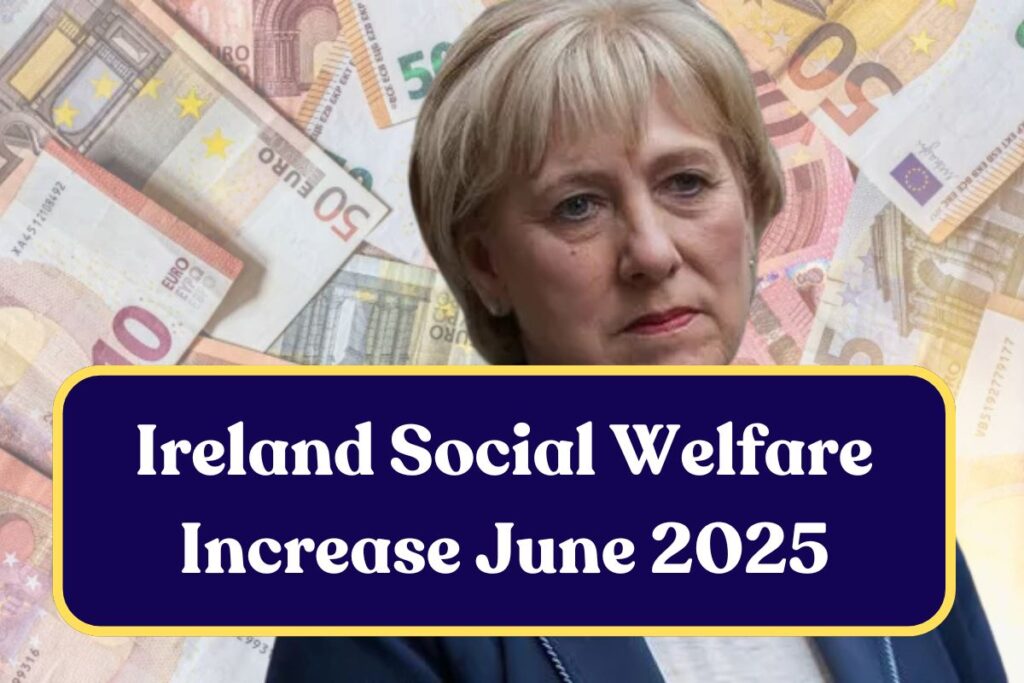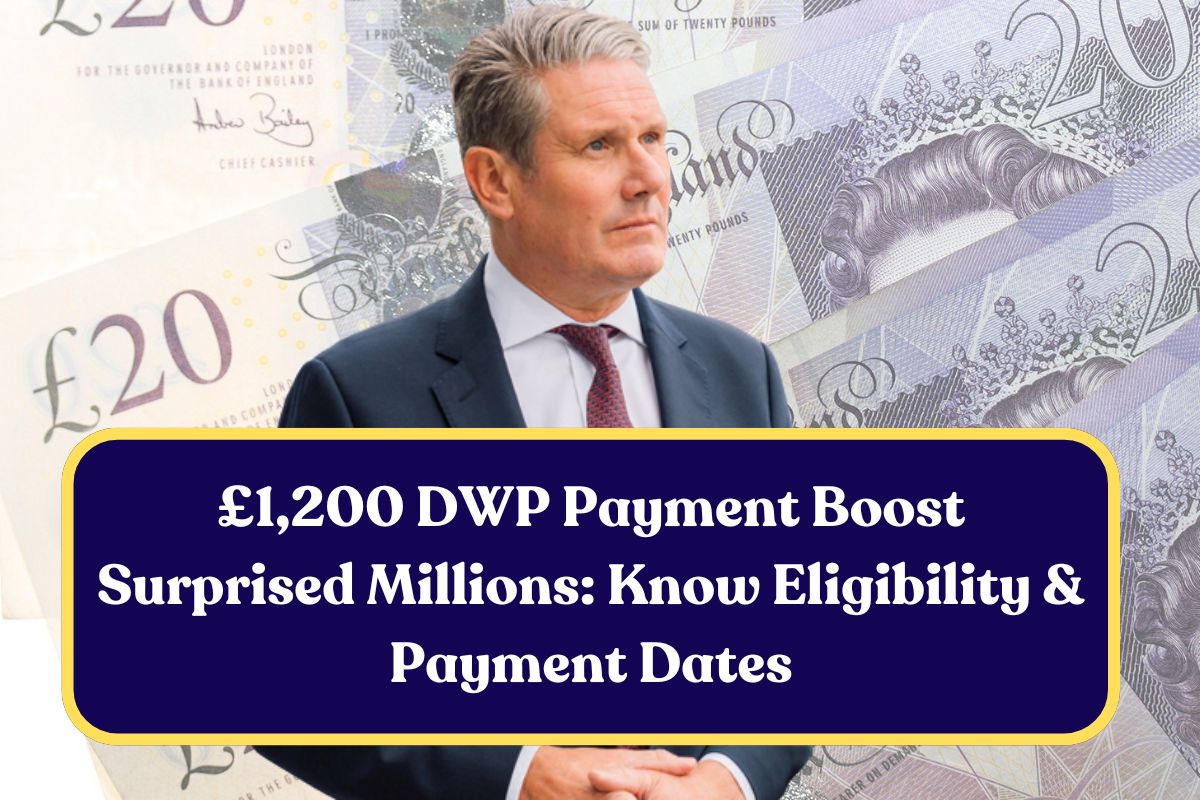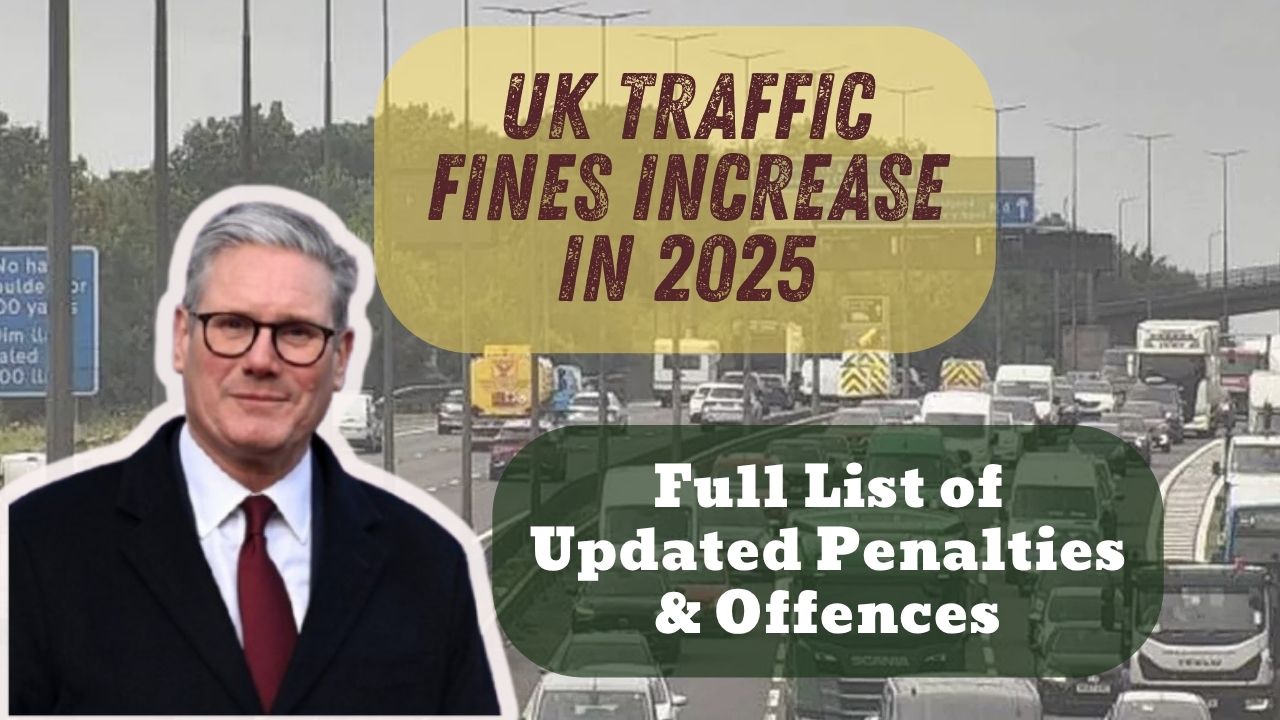The budget of 2025 comes with a great relief to the Irish households as it had focused on uplifting the financial stability of the citizens. From March 1, 2025, the Government of Ireland has officially given approval for an increase in the payment of Social Welfare.

The Minister of Social Protection, Heather Humphreys presented this change as part of 2025 budget. This approval has been officially marked as the largest Social Welfare payment that has been ever made in the history of Ireland.
Ireland Social Welfare Increase June 2025
Over 1.4 million Irish citizens are set to get relief from the 2025 budget with some special provisions for the eligible individuals. The Social Welfare in Ireland is a financial assistance provided to the individuals who needs help as a result of different circumstances which can include unemployment, sickness, disability, retirement, raising a children and parents.

From March 1, 2025 onwards, the payments of the Social Welfare have seen a significant increase by €12. The individuals who are getting less payments and the adult dependents will get a significant increase in the payment. The revised payments in Social Welfare aims to help the Irish households to cope with the increasing cost of living expenditure and also focuses on promoting a fair welfare scheme to the households of Ireland.
2025 Ireland Social Welfare: Overview
| Article On | Social Welfare Increase |
| Origin | Ireland |
| Department | Department of Social Protection |
| Operational Date | March 1, 2025 |
| Weekly Increase | €12 |
| Expected increase in Child Benefit | €4/ week |
| Category | Government Aid |
| Official Website | gov.ie |
What are the Adjustment Made in the Social Welfare Program 2025?
In the 2025 budget presented before the parliament, the focus was made on the following reforms and programs:

The Pension Reform: Starting from March 1, 2025, the individuals can opt for delaying their retirement till 70. This benefit is for those individuals who did not get much contributions from PRSI to get eligible for the state pension plan. After the age of 66, an additional 5% increment will be applied to the pension amount per week.

The Domicile Care Payment: The monthly payment for domicile care has increased up to €10. The monthly child care benefits will now be provided to all the 18-year-old children who are pursuing full time education. Earlier, this benefit was provided to the children till their 18th birthday irrespective of their educational status.

Programs Related to Employment: A weekly benefit of €12 will be provided to those individuals who will participate in:
- Rural Social Scheme
- Tús Programme
- Workplace Experience Programme
- Community Employment (CE)

Payment Thresholds for Working Individuals: The payment threshold has been increased by €54 per week for the working individuals to offset the increased minimum wage of €12.70 per hour. This adjustment enables the households to qualify the benefits without penalty.
Benefit of the Students: More than 50,000 students can now believe their financial grant to get increased by €300 for the upcoming academic year. Similarly, the students pursuing post-graduation can expect a significant increase in the grant.
Relief in Energy Cost: To relief the family with increasing energy cost, a rise of €150 will be credited to all the households from March 1, 2025. With this initiative, the households will get a relief with rising cost of energy during spring and winter.
What are the Additional Measures Provided by the Social Welfare?
- The workers will now have to contribute 0.1% in their PRSI contribution. This is a long-term plan which will help the workers to alleviate their fund in Social Insurance.
- By 2025 March end, One-Time Double payment will be provided to all the candidates who are eligible for the Christmas bonus.
- Though the rates of income tax have remained unaffected, the government is planning change the tax credits and bands for 2025. The government aims to lower the financial burdens on the low-middle income families.
What are the Various Type of Social Welfare Payment?
There are three types of payments in the Social Welfare System of Ireland:
Social Insurance Payment: To claim for the Social Insurance Payment, you must:
- Fulfil the specific conditions
- Have made insurance contributions (conditions of PRSI)
However, these conditions completely depend on the type of payment method. Some examples of these payment are; Maternity benefit, State pension, illness benefit.
Social Assistance Payment: This also known as means-tested payment. You will get the Social Assistance payment if you do not have enough PRSI contribution to get eligible for the Social Insurance based payments. In this payment, the Department of Social Protection examines your income and based on this your payment is disbursed.
Universal Payment Method: Under the Universal Payment Method, you will get the payment regardless of your social insurance record or your income. Example: Child benefit
Social Welfare Increase: Payment Schemes under Each Benefit
| Qualifying Individuals | Payment Scheme |
| Jobseekers | Jobseekers’ Traditional Payment, Jobseekers’ Allowance |
| Pensioners | Living Alone, Contributory and Non-Contributory State Pension |
| Disabled people | Invalidity Pension, Disability Allowance, Blind Pension |
| Single Parent | Child Support Assistance, One-Parent Family |
| Children and Families | Working Family and Child Benefit |
| Care takers | Carer’s Benefit and Carer’s Allowance |
Ireland Social Welfare Increase: Impact and Purpose
In accordance with the Department of Social Protection, the increase in Social Welfare is targeted to provide a healthy financial support to the families with low-income. This welfare measure is for those individuals who are targeted with rising inflation.
The Irish individuals are all set to revolutionize their welfare system with this flexible policy and additional funding. The primary beneficiaries under this Social Welfare Scheme are the households with children, students, retirees, and the primary beneficiaries in the various government schemes
| Official Website | Click Here |
| Homepage | moyle-council.org |





